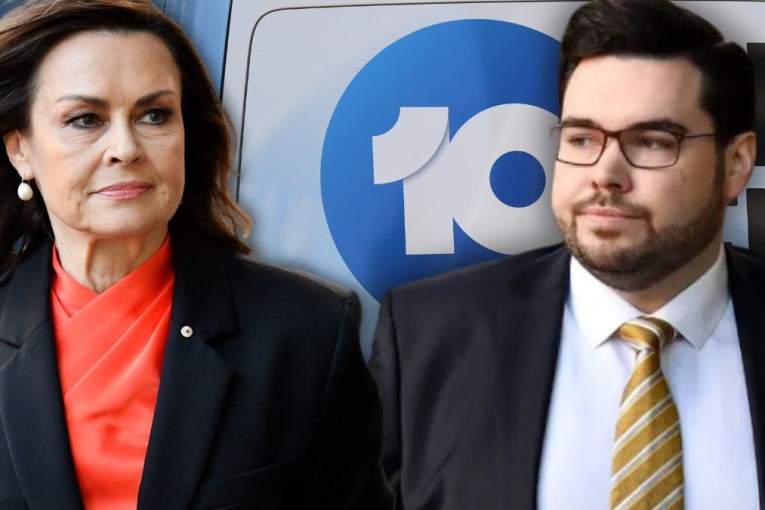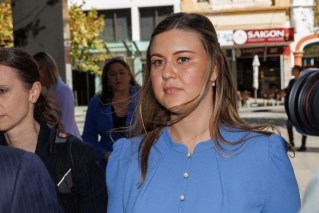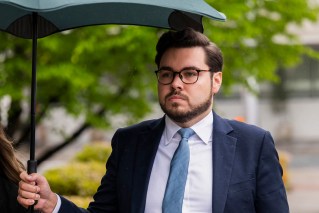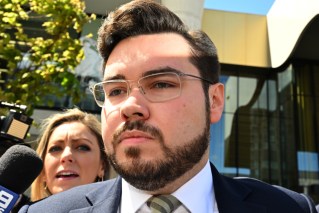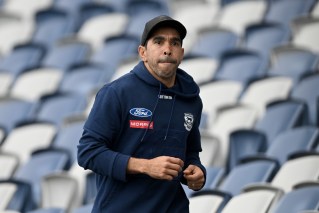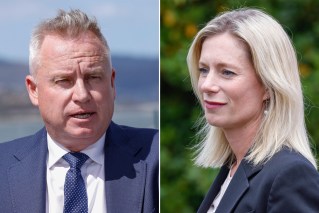The ‘inspirational’ lives of Chan and Sukumaran

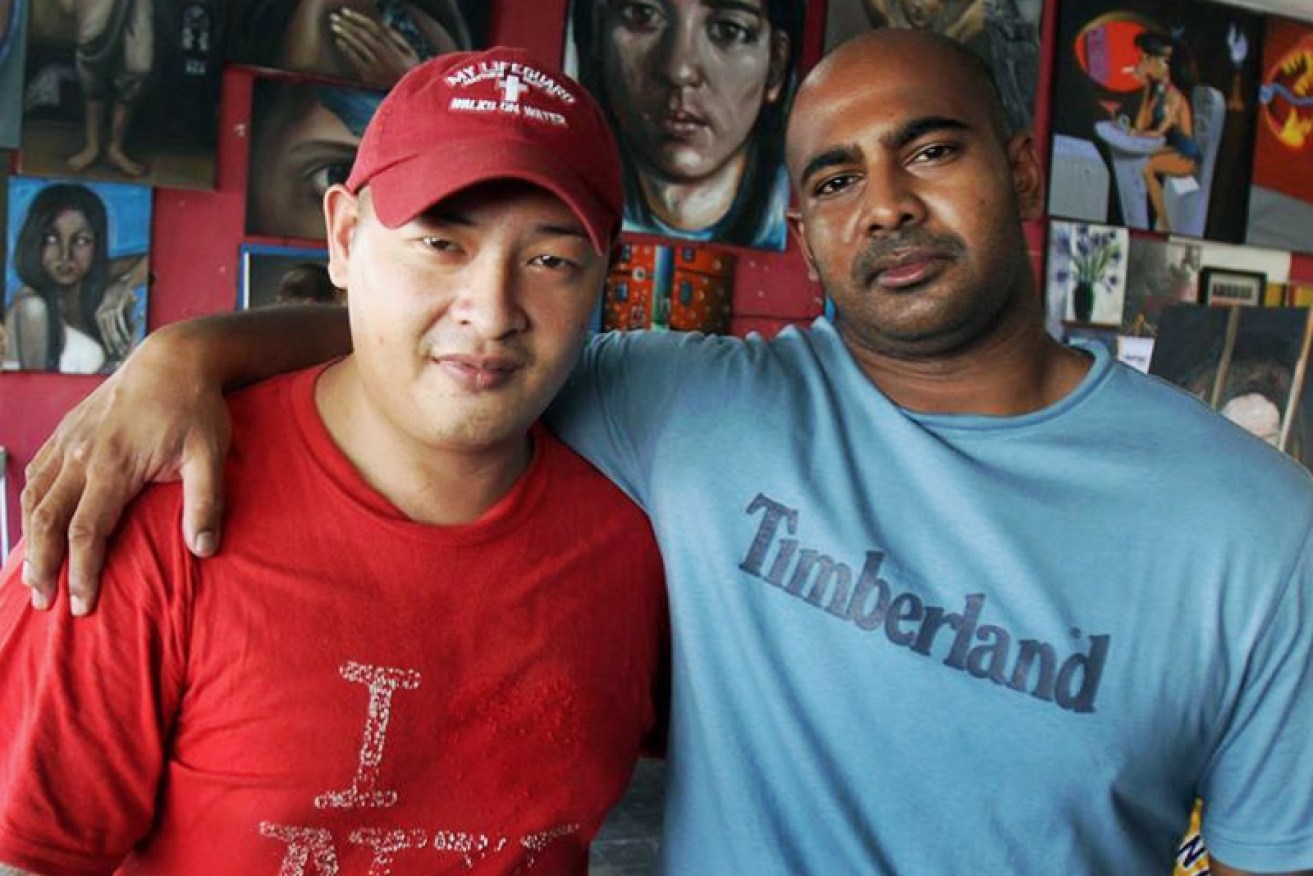
Australians Andrew Chan and Myuran Sukumaran have been shot dead by an Indonesian firing squad for their role in smuggling eight kilograms of heroin to Australia.
The ringleaders of the so-called Bali Nine group were arrested at Denpasar airport in April 2005 and sentenced in 2006.
• Bali Nine executions: Julie Bishop’s tough words for Indonesian President Jokowi
• Q&A recap: Bali Nine confusion reigns supreme
The pair were refused clemency by Indonesian president Joko Widodo as part of a hardline stance on the death penalty for convicted drug criminals.
But despite a long prison term while they awaited their grisly fate, both men demonstrated a remarkable determination to turn their lives around.
After their death, human rights lawyer Julian McMahon described their journey as “inspirational”.
Here, we look at the lives of two young men who have captured the attention of two nations.
Andrew Chan
Chan was born on in Sydney in 1984, the son of Chinese migrants.
The youngest of his three siblings, Chan was known to friends and family for his love of practical jokes and a passion for sports, particularly rugby league.

Andrew Chan in 2010. Photo: AAP
He grew up in Enfield in Sydney’s south-west and attended Homebush Boys High School before leaving school in Year 10.
• Bali Nine: Andrew Chan’s death row love story
• ‘Nothing but an iron bar to hug’: Andrew Chan
Although he and Sukumaran attended the same school, they did not meet until years later.
Chan had worked as a part-time cook before his arrest and his parents had owned a restaurant before they retired.
An atheist before his arrest, Chan later converted to the Christian faith.
He took a course in theology, studied to become a pastor, and ran the English language church service at Bali’s Kerobokan prison.

Andrew Chan with his new wife Febyanti Herewila. Photo: Twitter
Chan said his faith had helped him cope with life in jail.
“I trust that this [death by firing squad] isn’t God’s divine plan for me, and he has a better hope and plan for my life.”
Chan expressed remorse for his crimes and, together with Sukumaran, he established a drug rehabilitation program for fellow inmates at the Kerobokan prison.
“If [the purpose of] being in prison is to reform yourself, I think both the boys have done that,” his brother Michael Chan said.
On Monday, Chan married his long-term girlfriend Febyanti ‘Feby’ Herewila, who he met in prison while she was working as a pastor.
Myuran Sukumaran
Sukumaran was born in London in 1981.
He moved to Australia with his Sri Lankan family in 1985, and grew up in Sydney’s western suburbs.
He worked in a mailroom and had clerical jobs, and later worked in the passport office.

Sukumaran being sentenced in 2006. Photo: AAP
• Sukumaran paints Widodo portrait
• Sukumaran family pleads for life
In an interview, Sukumaran said dissatisfaction with his work led him to become involved in importing 8.3 kilograms of heroin from Bali.
Sukumaran said it began when a university friend invited him to dinner.
“They pay for dinner and for the nightclub afterwards and stuff like that so it was like, ‘yeah’,” he said.
He said the party and drugs scene he was introduced to was very seductive, and so too was the promise of making quick money.
Myuran has described his arrest as “a blessing”.
“You know, when I think back at my life, I never really contributed to anything. Now I’m doing all sorts of stuff around here. It feels good, really good.”

Sukumaran has become an avid painter while in prison. Photo: AAP
Earlier this year Sukumaran’s mother Raji described her son as a “loving kid” who got caught up with the wrong crowd.
A keen artist, Sukumaran studied for his bachelor of fine arts through Melbourne’s Monash University.
Australian artist Ben Quilty became his artistic mentor and friend as Sukumaran focused on exploring art as a means of self-expression inside prison.
“He fits into so many notions of the flawed masculinity that drives my work,” Quilty said.
“When I sat with [Sukumaran] and with Andrew and met them, instantly my stereotypes of who those people were dropped away and I saw them for what they are: quiet, humble, good natured, humorous young men, young Australian men.”
-with ABC.
